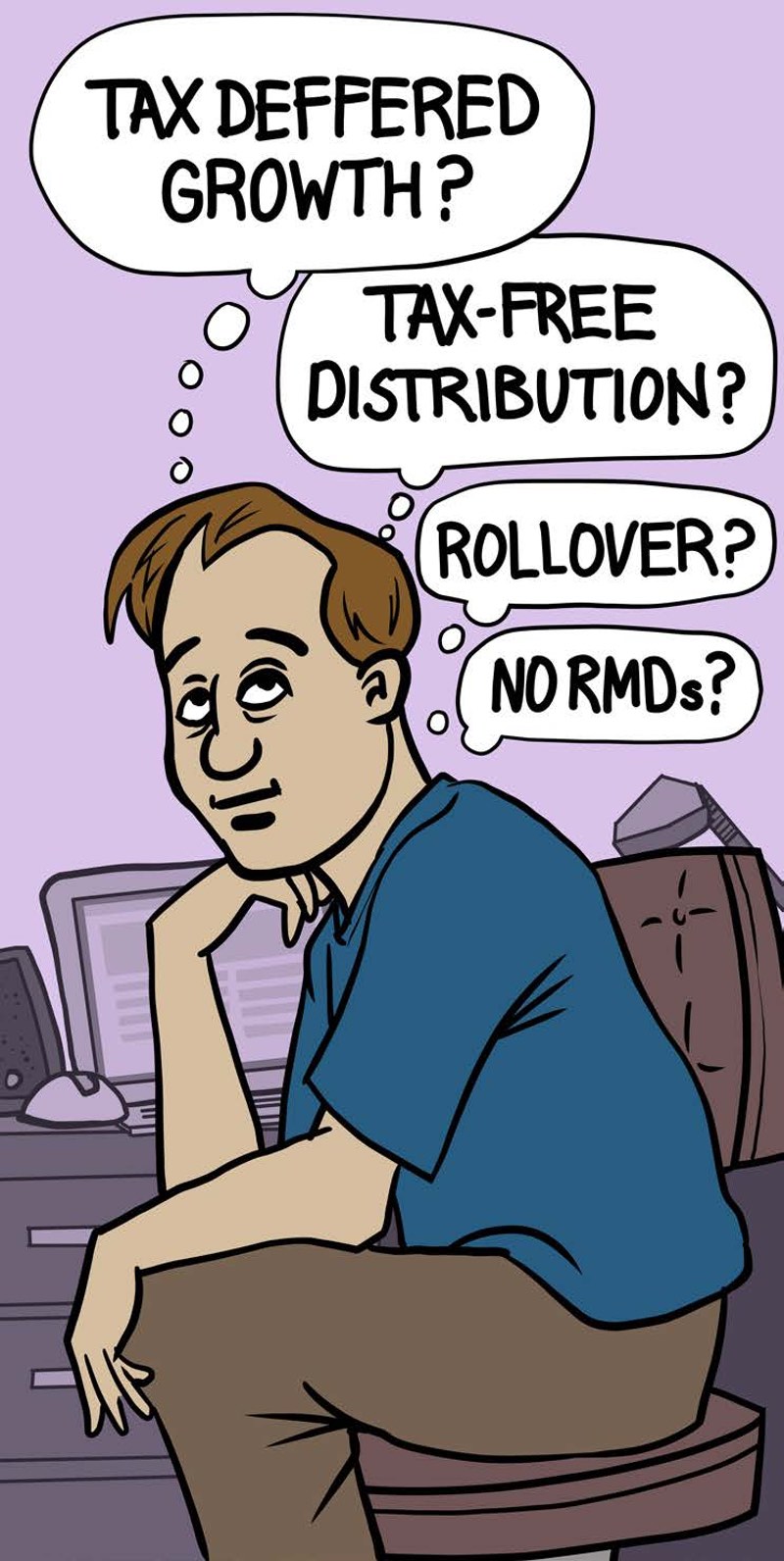SUBSCRIBE
Enter your Name and Email address to get
the newsletter delivered to your inbox.
Please include name of person that directed you to my online newsletter so I can thank them personally.

Glenda Moehlenpah, CPA, CFP®
Financial Bridges
13319 Poway Road, #506
Poway, CA 92064
Phone: 858-486-0100
Email: glenda@financialbridges.com
Website: www.FinancialBridges.com

If you don’t qualify for a tax-deferred traditional IRA because your income is too high or if you would rather not bet on federal income taxes being low in the future, when distributions would be taxed, you might want to look at a Roth IRA to help with your retirement strategy.
Anyone can contribute to a traditional IRA, but annual income determines your eligibility for a Roth. In 2019, the limit was $203,000 in modified adjusted gross income if you file a joint tax return and lesser amounts for other filers. There is no income limit for rollovers from a traditional IRA, but you will pay income tax on the rollover amount, so it may be best to do this in years when you have lower income.
One similarity between the two IRAs is that potential growth is tax-deferred. Withdrawals from a Roth IRA become tax-free once you meet the holding requirements.
A Roth is a powerful estate-planning tool, too. Your beneficiaries would receive tax-free income that can be stretched over their lifetime.
Pay taxes now or pay them later? Talk to your financial professional to help you make that choice.
Enter your Name and Email address to get
the newsletter delivered to your inbox.
Please include name of person that directed you to my online newsletter so I can thank them personally.
Enter your Name, Email Address and a short message. We'll respond to you as soon as possible.
Financial Bridges and LTM Marketing Specialists LLC are unrelated companies. This publication was prepared for the publication’s provider by LTM Client Marketing, an unrelated third party. Articles are not written or produced by the named representative.
The information and opinions contained in this web site are obtained from sources believed to be reliable, but their accuracy cannot be guaranteed. The publishers assume no responsibility for errors and omissions or for any damages resulting from the use of the published information. This web site is published with the understanding that it does not render legal, accounting, financial, or other professional advice. Whole or partial reproduction of this web site is forbidden without the written permission of the publisher.